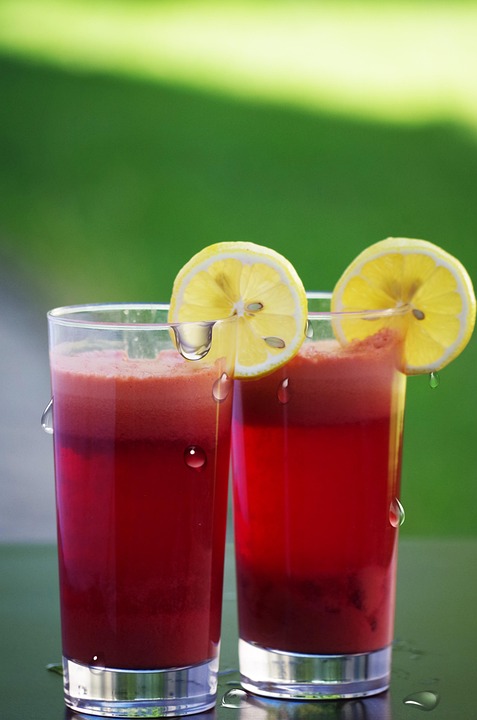The Difference Between Natural and Synthetic Functional Ingredients in Drinks
Introduction
Functional beverages have gained popularity in recent years, with consumers seeking drinks that not only quench their thirst but also provide added health benefits. One key aspect of these beverages is the use of functional ingredients, which are substances that offer specific health benefits beyond basic nutrition. These ingredients can be either natural or synthetic, each with its own set of advantages and disadvantages.
Natural Functional Ingredients
Natural functional ingredients are derived from plants, animals, or minerals and are minimally processed. These ingredients are often perceived as healthier and more wholesome by consumers due to their origins in nature. Examples of natural functional ingredients commonly used in drinks include fruits, vegetables, herbs, and spices. These ingredients provide nutritional benefits such as vitamins, minerals, antioxidants, and fiber.
One of the main advantages of natural functional ingredients is their perceived health benefits. Consumers are increasingly looking for products that are free from artificial additives and chemicals, making natural ingredients a desirable choice. Additionally, natural ingredients are often rich in bioactive compounds that can have positive effects on health, such as reducing inflammation, improving digestion, and boosting immunity.
However, there are some challenges associated with using natural functional ingredients in drinks. One of the main issues is the variability in quality and availability of these ingredients. Factors such as climate, soil conditions, and harvesting practices can all impact the quality and quantity of natural ingredients, leading to inconsistency in product formulations. Additionally, natural ingredients can be more expensive and less stable than synthetic alternatives, which can affect the cost and shelf life of the final product.
Synthetic Functional Ingredients
Synthetic functional ingredients are artificially created in a laboratory and are designed to mimic the properties of natural ingredients. These ingredients are often used in functional beverages to provide specific health benefits or to enhance the taste, texture, or appearance of the drink. Examples of synthetic functional ingredients include vitamins, minerals, amino acids, and artificial sweeteners.
One of the main advantages of synthetic functional ingredients is their consistency and stability. Unlike natural ingredients, synthetic ingredients can be produced in a controlled environment, ensuring that each batch is consistent in quality and composition. This can be particularly important for manufacturers looking to create products with specific health claims or functional benefits. Additionally, synthetic ingredients are often more cost-effective than natural alternatives, making them a more affordable option for mass production.
However, there are concerns about the safety and long-term health effects of synthetic ingredients. Some studies have suggested that certain synthetic additives, such as artificial sweeteners or preservatives, may have negative impacts on health when consumed in large quantities. As a result, some consumers may be wary of products that contain synthetic ingredients and prefer to choose natural alternatives.
Industry Insights
The functional beverage market is a rapidly growing segment of the global beverage industry, with an increasing number of consumers seeking drinks that offer health and wellness benefits. According to market research firm Grand View Research, the global functional beverage market was valued at $128.66 billion in 2020 and is expected to grow at a CAGR of 6.1% from 2021 to 2028.
Leading companies in the functional beverage market include The Coca-Cola Company, PepsiCo, Inc., Keurig Dr Pepper, and Nestlé S.A. These companies offer a wide range of functional beverages that contain natural and synthetic functional ingredients to cater to different consumer preferences. For example, Coca-Cola’s Vitaminwater line contains synthetic vitamins and minerals, while PepsiCo’s Naked Juice products use natural fruits and vegetables as key ingredients.
In conclusion, the choice between natural and synthetic functional ingredients in drinks ultimately depends on factors such as consumer preferences, product formulation requirements, and cost considerations. Both types of ingredients have their own set of advantages and disadvantages, and manufacturers must carefully balance these factors to create products that meet consumer demand while ensuring safety and quality standards. As the functional beverage market continues to grow, it will be interesting to see how companies innovate and adapt to changing consumer preferences in the quest for healthier and more functional drinks.




